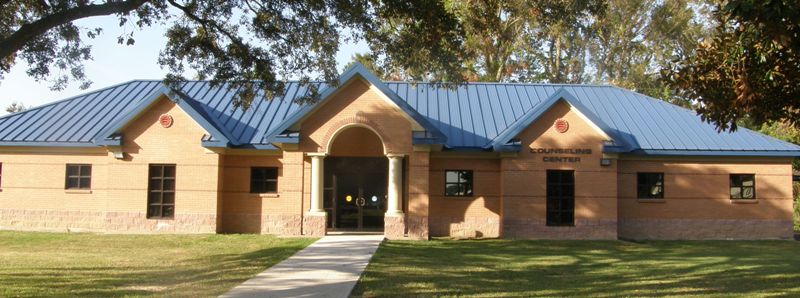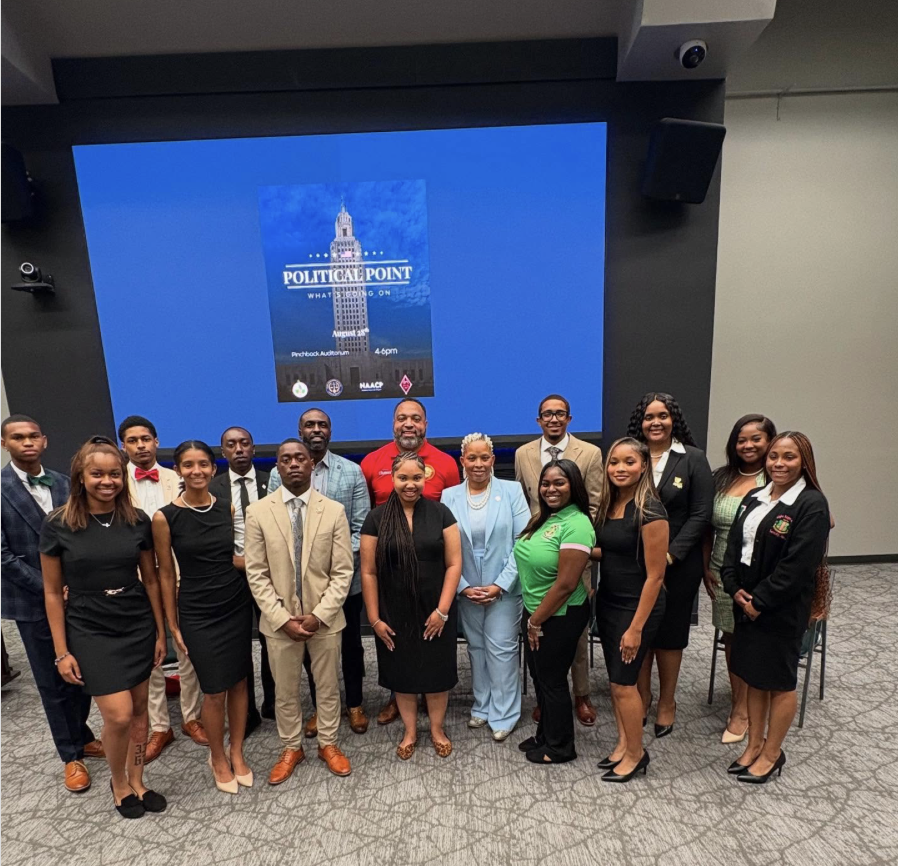Student Government Association President Jamal Taylor called the student senate into a special session yesterday afternoon to create what he calls the ‘Student Investigatory Commission.’
After issuing his second executive order of the school term, Taylor cites the need for the legislative branch of government to meet to, “examine the correct procedures for grade checking…and shall make recommendations to the President and Chief Justice.”
After maintaining a nine-member quorum and instating two new senate members, SGA Vice President Stasha Rhodes yielded the floor to Taylor, who called the meeting a “serious situation, a situation of delicacy.”
The one-time commission’s purpose would be to investigate the grade point averages and work load, or class hours, of three alleged SGA elected officials, as well as the qualification—a 2.5 GPA and 60 credit hours—and verification process of all SGA elections.
According to Taylor, students have been given leeway with the qualification requirements by certain university staff involved with the SGA election process, “they were allowed to do that for some five months. If the grades are only checked at qualifying time, that is not a substantial check,” stated Taylor, “you must check again at the end of the semester.”
The Investigatory Commission, formed by Taylor, consists of Jerry Jones, chair; Tefo Bino Rasedisa, Brittany Lee, Star Keels, Devitra Stubbs, Craig Burrell, Aleica Allen, Krysta Lynn Richard and Cleophus Bankston. When asked by the Senate why these people where chosen, Taylor said the committee is made up of two senators, two justices, the grievance director, elections commissioner, one member of his executive cabinet, the AWS president and a class president. Taylor said he is giving the Investigatory Commission two weeks to make a recommendation.
After returning from a lengthy executive committee meeting, of which press and general audience members were not allowed to attend, the senate, now with 14 members present, reconviened.
Despite Taylor saying the committee is unbiased, Phillip Wallace, a junior class senator, does not think Taylor should have hand picked the committee and instead heeded the recommendation of Vice President of Student Affairs Julie Wessinger, who wanted the alleged students to continue their positions until the fall term’s end when grades would be checked again.
“If the advisors mislead the students in the spring, then there should be a set time to check grades, not creating a committee. He should let the Senate handle this,” said the political science major from Baton Rouge. When the Senate had to vote on installing Taylor’s committee, Wallace was one of five who voted against the motion. Nine voted in favor of it.
Philip Robinson, a junior class senator, said that he also agreed with the vice chancellor’s recommendation.
“It’s a bad situation either way,” he said. The Baton Rouge native, majoring in political science felt that changes should be made through constitutional amendments, rather the a one-time committee.
Vice Chairman Rasedisa, who is also the president of the International Student Association said, “the student body will be notified when the commission will begin, but right now we can’t say what the outcome will be. Hopefully, the grey areas of qualification and verification will be cleared.”
Despite some dissension, vice president Rhodes believed the meeting was “productive.”
“The committee should set guidelines and outline requiremen,” she said.
However, the wording of the elections code, bylaws and Constitution are conflicting and vague at best.
According to the elections code, article three, section four, the student only needs to have a cumulative and semester GPA of 2.5. Yet, according to article eight of the Constitution, students running for office must have, in addition to requirements in the elections code, sophomore and have 60 credit hours by Maymester.
Yet again, in article 12 of the Constitution, it says students must be enrolled full-time—12 hours or more—at Southern. Conversely, classes that have been, “repeated and deleted” will not be counted nor would grades be rounded to the nearest number.
Chairman Jones said he expects the commission to be effective, and will rely heavily on the constitution. Jones did not want to be privy to individual student leader’s names, as he believed anonymity would be an advantage in the procedures.
“I don’t want to see names,” he stated. “But if they didn’t have a 2.5 or 12 hours or more they’re wrong.”
“If we allow these people to continue serving in their positions if they clearly did not meet the qualifications, then the Election Codes and the constitution would be nothing more than shredded pieces of paper.”
`





